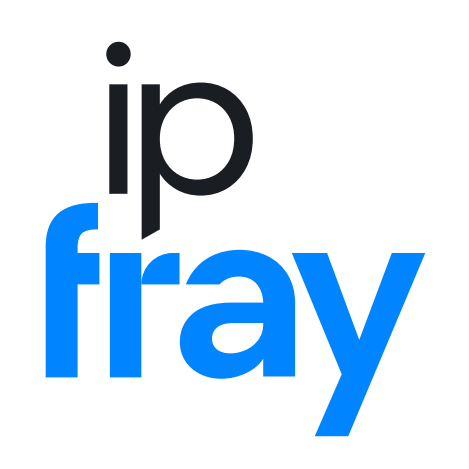Context: The Unified Patent Court publishes pretrial orders (not only final judgments and other post-trial decisions). On Thursday, the Mannheim Local Division entered the UPC’s first order specifically related to standard-essential patent (SEP) enforcement (May 2, 2024 ip fray article). Today, the Milan Local Division entered an unopposed protective order in a textile industry case (May 6, 2024 LinkedIn post by ip fray; be sure to follow ip fray on LinkedIn).
What’s new: In the late afternoon, the Paris Local Division published an order (PDF (in French)) that addresses two unrelated questions raised by a third-party intervention in support of a defendant. The Paris LD held that an intervenor is not entitled to an opportunity to file a nullity counterclaim after the actual defendant tacitly waived that right. Furthermore, the intervenor’s request for a language change from French to English was rejected despite the patent-in-suit’s primary language being English and some of the persons involved in the proceedings not being native speakers of French.
Direct impact & wider ramifications: Whether any of these questions will be put before the appeals court remains to be seen. The UPC wants to keep its timelines, and the intervenor’s request for an extension of time to file a nullity counterclaim may have been part of a delay game.
No extra time for intervenor to bring invalidity counterclaim as intervenor’s claims must remain consistent with defendant’s
The plaintiff is Korean company Seoul Viosys; the defendant is France’s Laser Components; and the intervening party, like the plaintiff, is from Korea: Photon Wave. Photon Wave is a supplier to Laser Components.
The intervenor/supplier made eight requests, obviously starting with the rejection of the complaint. The middle part of the intervenor’s requests is about the fundamental question of whether an intervenor in a UPC infringement action has far-reaching procedural freedom and can bring a nullity counterclaim even if the principal defendant did not. If the Paris LD had agreed, the intervenor would also have liked to get a two-month extension to file its nullity counterclaim.
The court disagreed based on the language of Rule 313.2 RoP:
An Application to intervene shall be admissible only if it is made in support, in whole or in part, of a claim, order or remedy sought by one of the parties and is made before the closure of the written procedure unless the Court of First Instance or Court of Appeal orders otherwise.
In the Paris LD’s opinion, what the intervenor wanted to do here was contrary to the actual defendant’s position as opposed to “in support, in whole or in part.” The defendant elected not to bring a nullity counterclaim during the response deadline.
That is at least debatable. If the nullity counterclaim succeeded, it would dispose of the complaint, which is what the defendant wants to happen and not “contrary” (and, in fact, not even slightly prejudicial) to the defendant’s own positions.
It would be good to have this clarified by the appeals court, in which case ip fray believes a correct and principled decision would overrule the Paris LD, though the appeals court, too, may be primarily concerned with not delaying the resolution of UPC infringement actions.
No change of language of proceedings despite multiple factors in favor
The intervenor also failed to persuade the court to change the language of proceedings to English, a request that the actual defendant had previously brought in vain.
The court notes that the plaintiff, a Korean company, brought this case over a primarily English-language patent, but requested French as the language of proceedings out of respect for the defendant’s country.
Rule 322 RoP enables the judge-rapporteur to propose changing the language of proceedings to that of the patent-in-suit:
At any time during the written procedure and the interim procedure, the judge-rapporteur may, of his own motion or on a request by a party, after consulting the panel, propose to the parties that the language of the proceedings be changed to the language in which the patent was granted, in accordance with Article 49(4) of the Agreement. If the parties and panel agree the language of the proceedings shall be changed.
Here, however, the Paris LD did not find that the requirements were met with respect to convenience and equity, regardless of the intervenor’s country or the nationality of a party’s representative. The court also wasn’t persuaded by the risk of key information getting lost in translation of an English-language patent to French.
Only one of the three party representatives is based in France: Linklaters’s Pauline Debré (here, counsel for plaintiff). The others are from Munich: the defendant is represented by GSKH’s Helge von Hirschhausen, and the intervenor by Dr. Dorothea Hofer of German IP boutique Prüfer.
The judicial panel consists of Camille Lignières (Presiding Judge and Judge-Rapporteur), Judge Carine Gillet and a German judge (who is primarily the Presiding Judge of the Mannheim Local Division): Judge Dr. Peter Tochtermann.
The language decision again favors the plaintiff, and the court could also have decided that one differently, but it is far less important than the denial of the opportunity for a nullity complaint by an intervenor.
